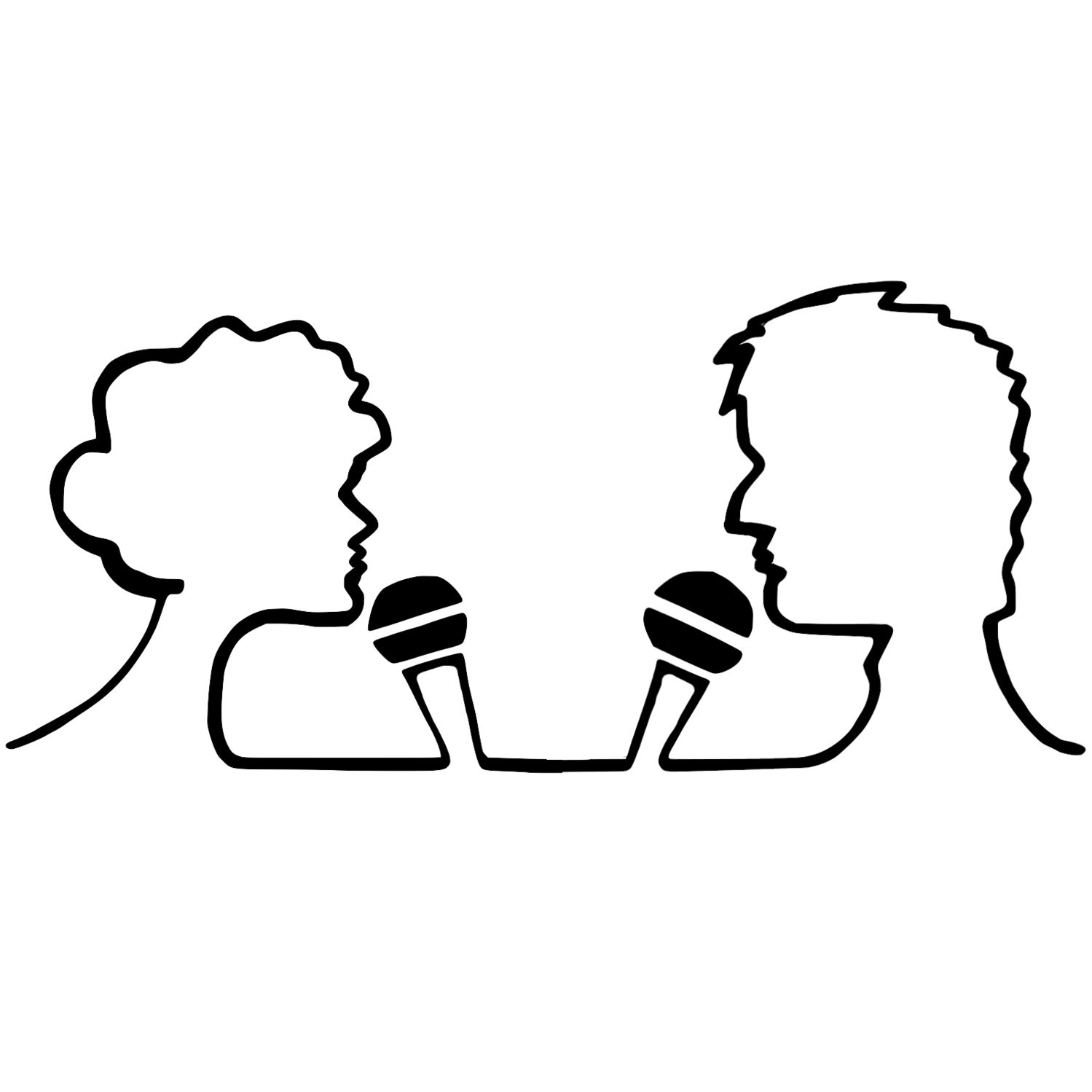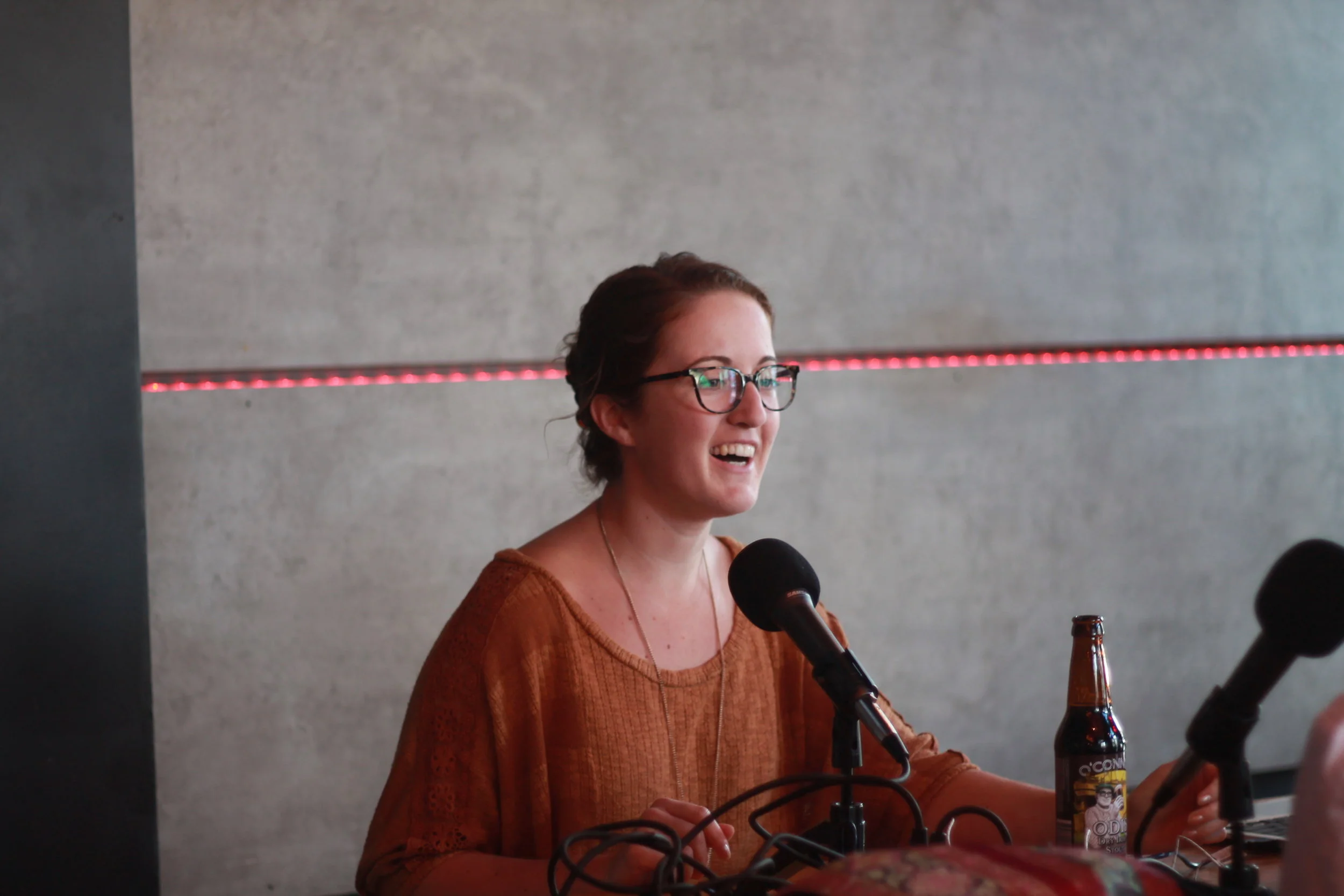It may feel like 2Scientists has dropped off the face of the planet since our last release, so we wanted to check in and let you all know where we’re at.
Read MoreAnson Mackay studies the effects of climate change on freshwater ecosystems. His work often takes him way out to areas like Lake Baikal in Siberia, but openness in his work is not limited to geography. He understands his privilege as a white male professor at a prestigious university. He is an advocate for more open access to scientific information. He also supports efforts for gender equality, increased diversity and inclusion of ethnic minorities and the LGBTQ community. Don’t believe us? Check out his Twitter!
Read MoreAsk the average scientist about statistics and watch them squirm. Not Dr. Karen Lamb though, she loves applying her training to real life problems. We met up with her in Melbourne to talk stats, scicomm and Superstars of STEM. You can follow Karen and her adventures on Twitter.
Read MoreHow does seeing monsters in the stars help scientists understand where ancient wildlife could be found? Much in the same way that a cultural man and astrophysicist can become friends. Australian aborigines have been telling stories for tens of thousands of years, but only now are researchers starting to find the science within them. In this story we talked to Muruwari man Willy Stevens and his scientific partner in crime Dr. Duane Hamacher.
Read MoreMia Schaumberg always loved science, but she also loves exercise, so it would seem natural that she would end up as an exercise physiologist. Having received her doctorate she works as a lecturer at the University of the Sunshine Coast, whilst researching links between exercise and brain health in the ageing brain. During her PhD, though, she focused on how the contraceptive pill might affect athletic performance.
Read MorePart III of our Stanford Special.
Dr. Natalie Nevárez is first generation Mexican, the first in her family to go to college, but only the second to receive a scholarship from Pornhub (yes you read that right), and she’s proud of all of these things! She talked to us about her past and present research looking at how animals form attachments, and the importance of social networks in tackling problems like addiction. Natalie also talked to us about struggling through grad school, getting therapy and her love for community colleges. You can follow her fighting the good fight on twitter.
Read MorePart II of our Stanford Special.
No one wants someone poking around in their head and neither does your brain. This is a puzzle for scientists like Dr. Marc Ferro, who are interested in bioelectronics. He’s trying to develop brain implants to help in conditions like Parkinson’s disease, but how to do that when the brain wants to reject them?
Read MorePart I of our Stanford Special.
Dr. João Rodrigues decided early on that as much as he loved biology, he didn’t want to get his hands too dirty, so now he studies the shapes that proteins make by using computer models. He works with biologists and chemists to look at the way the proteins in our cells go from being like beaded necklaces to more complex structures to help them do what they need to do.
Read MoreOxytocin is often touted as the “love hormone”, but it’s also the focus of neuroscientist Dr. Bianca Jones Marlin. Bianca sat down to tell us about her work on how trauma can be inherited, and how oxytocin helps the brain to adapt to caring for a newborn. Join us to hear about her experiences growing up in a unique family, how they inspired her research career and her own personal love story.
Now she’s a scientist, educator and communicator, and she’s shared her work in many venues, including taste of science in NYC. You can keep up with her appearances on twitter.
Read MoreDr. Kat Arney has studied genetics, written many books, recorded podcasts and now is helping other people to tell their stories through her organization First Create the Media. We chatted to her about epigenetics, our personal genomes and sharing that information with others. We talk about genetic manipulation through CRISPR, a subject Kat discussed as part of her tenure with the Naked Scientists. Just listen out for our “Uh oh” moment as we’re talking about it towards the end of this episode!
Read MoreHowdy friends! We’re back with Season 6 of our podcast, but this episode is a little bit different. taste of science DC partnered with the wonderful Kasha Patel of DC Science Comedy to cover the serious subject of our planetary demise…or not! Join Kasha and her special guests Haywood Turnipseed Jr., Jessie Deichmann, Tom Di Liberto and Julie Speers as they quiz and laugh their way through all manner of questions earthy.
#EarthOptimism
Read MoreChris Whelan is the bird man. From a small boy to an experienced scientist his interest hasn’t faltered. What would a world without birds look like? (A clue - think of the vultures.) Is climate change affecting how birds behave? We ask Chris all this and more, so join us to learn all about our feathered friends.
Read MoreDavide Tanasi is a native Sicilian and specialist in specialist in Mediterranean archaeology. He reconstructs ancient villas with drones and the latest in computer imaging, and battles the odds to find that perfect vintage. The older wine is the better it is right? So a 6000 year old bottle has to be amaaaaazing! Listen in to find out all about this discovery and more.
You can find his work at the USF Institute for Digital Exploration on their Facebook page where you can explore castles in Spain or the Ringling Museum in Sarasota, all from the comfort of your own home.
Read MoreJohn Brewer is a runner who works in science, and a scientist who studies running. We hear stories about the right kind of shoes, diet, hydration and technology but what's the evidence underlying the hype? John talks about how our bodies respond to heat, food and running barefoot, and how runners probably deserve that extra piece of pie during the holidays.
We were like kids in a candy store (or rather runners in a shoe store) for this one, so forgive us the indulgence!
Read MoreNanotubes...nanobots...nanonachos?! Terms you may have heard but what do they mean and what do they do? We asked Maia Mombrú a graduate student in chemistry at Universidad de la República de Uruguay in Montevideo.
She tells us about nanotubes in nature making butterflies bluer than blue, and in our TVs making screens brighter than bright. In her own research she is making these tiny particles to develop safer ways of delivering radiotherapies.
Read MoreWhat do you get if you cross an engineer with a love for tiny blood vessels? Shayn Peirce-Cottler: a professor at the University of Virginia studying the role of microvasculature in disease. She's looking at how we can engineer treatments from raw materials including fat cells from liposuction!
We discuss novel technologies, Women in STEM, and midlife collaboration crises.
No chinchillas were harmed in the recording of this podcast.
Read MoreTara Bracken is a specialist in Infectious disease and Global Health, a champion of vaccines, a blogger and just all round great communicator of many things science. We talk to her about tackling malaria, reaching out to the vaccine hesitant and how keeps herself from just crawling under a table and hiding from bad science.
Read More...and we're feeling kind of queasy if we're honest. Les Shaw is a researcher at the University of South Florida and he studies the resistance of bacteria to antibiotics. Most of us have only known a world where many infections can easily be treated with readily available treatments, but the rise of resistant bugs such as MRSA is frighteningly common and threatens to become a major health issue. How did we get here, and is there hope for us in the future? Listen in to find out more.
Read MoreWe've all heard of "The Paleo Diet", but what did our paleolithic ancestors actually eat? Well we found exactly the scientist to ask. Briana Pobiner is a paleoanthropologist whose research centers on the evolution of human diet. We discuss when and why humans started eating meat. We also had to ask her about the dream job she has at the Smithsonian National Museum of Natural History, where she helped put together the Human Origins exhibit. Listen in to hear more about education, evolution and the history behind our eating habits.
Read MoreSunlight, blue light, red light, sleep tight!
Virginie Gabel is a neuroscientist and a specialist in light and sleep cycles. Why do we sleep less when we're older and why do screens ruin our sleep? Why is our circadian rhythm important to our health, and how long should a "disco nap" be?
These are all important questions we tackled with her over our coffee and croissants.
Read More



















